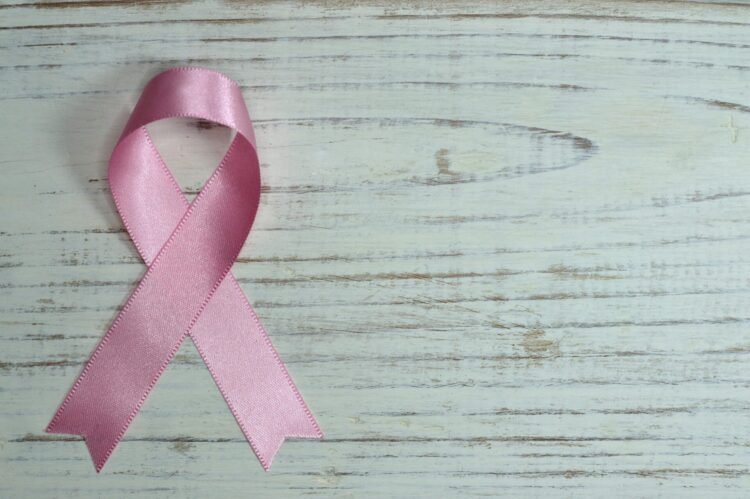
Happy Black History Month, Lions! In today’s YU Blog, we’re shining a light on an important topic by looking at the unique experiences Black communities face when navigating the healthcare system.
Health differences in Black communities, like having more chronic illnesses and a higher risk of maternal mortality, are not always due to genetics. Instead, they happen because of factors like systemic racism, which is unfair and unequal treatment based on race, health inequalities and historical injustices.
As a Black woman and registered nurse, I am passionate about dismantling barriers faced by people of colour when accessing healthcare. I advocate for the unique health needs of patients who often have been underrepresented in healthcare.
Unfortunately, it’s quite common to hear how many Black people experience racism while navigating Canada’s healthcare system. This has led to a lack of trust in healthcare, and many Black communities feel like their concerns are not being met.
It’s important for all of us to feel confident in receiving equitable healthcare regardless of race, sexual orientation, culture or religion.
If you ever have any questions related to your health and well-being, connect with York’s Student Health team or Student Counselling, Health & Well-being.
Health conditions that impact Black communities
There are a few health conditions that we know Black communities are at an increased risk for, thanks to information shared by the Black Health Alliance. Below are some of the health conditions we know about:
- Heart Disease: 11.1% of Black people reported having two or more major risk factors of heart disease in comparison to Chinese, South Asian and Caucasian people.
- Hypertension: This is when your blood pressure is higher than normal. Black people have the highest rates of high blood pressure at 19.8%, in comparison to white people at 13.7%.
- Diabetes: Rates are almost twice as high in Black and South Asian people, compared to Chinese and white people.
- Cancer: Screening rates are lower for African Canadians compared to white people, and Black Canadians are more often diagnosed with certain forms of cancer.
- Stroke: Strokes may occur at an earlier age, on average, among Black males compared to other ethnic groups.
The Student Health team and I have been covering different health topics for YU Blog, including diabetes and breast cancer awareness. Check back as we continue diving into more topics each month!
Your health matters
York’s community is made up of many diverse people of colour, and everyone is entitled to culturally competent care. This is healthcare that understands and meets our needs and preferences. If you feel like your doctor or healthcare provider is not meeting your needs, you have the right to refuse care and seek help elsewhere.
Here are some great local initiatives:
- The Black Health Alliance is improving the health and well-being of Black communities in Canada by working towards solutions for the barriers they may face.
- The Taibu Community Health Centre supports Black-identifying clients in the Greater Toronto Area in accessing primary care and health promotion and disease prevention programs.
- Women’s Health in Women’s Hands is a community health centre dedicated to supporting racialized women in the Greater Toronto Area.
- Across Boundaries provides mental health and addiction services for racialized people across the Greater Toronto Area.
Resources at York
York University also offers resources, clubs and organizations that you can connect and get involved with.
- Black Excellence at York hosts workshops, events, activities and services aimed at enhancing the Black student experience.
- York has 12 diverse Black student clubs aimed at supporting Black students across the diaspora.
- The Racialized Students Support Group provides a safe space for BIPOC students to share their lived experiences and build a supportive community at York.
Learning about and recognizing Black health inequalities is essential for creating a more inclusive and equitable society. During Black History Month, it’s also a meaningful way to acknowledge the important history of the Black community.
Check out York’s Black History Month website to learn more about how Black History Month is being celebrated and recognized across the University.


